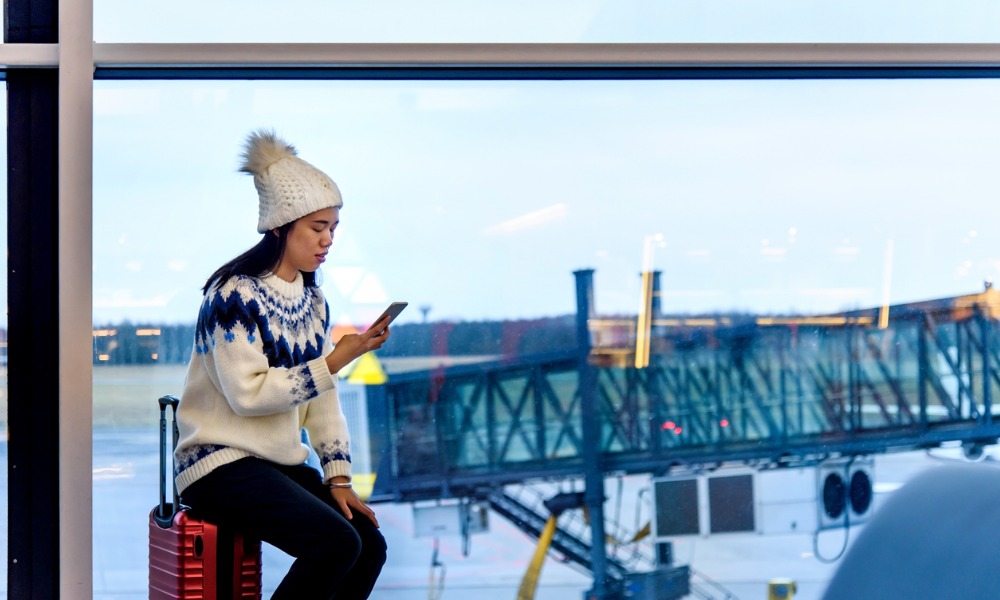
A recent OPC investigation found multiple breaches of the Customs Act, as well as CBSA’s own internal policy

Thirteen in every 100,000, or 0.013 per cent, of travellers passing the border had their digital devices examined, with approximately 40 per cent of examinations resulting in customs or immigration-related offences.
In the news release revealing these statistics, which cover a two-year period from Nov. 20, 2017 to Dec. 31, 2019, the Canada Border Services Agency added that, in more than 15 cases, courts have ruled in its favour with respect to its authority to examine digital devices.
“Courts have consistently determined that digital devices are goods and therefore CBSA’s authority to examine goods extends to digital devices,” states the news release. “Several courts have ruled that reasonable examinations of digital devices do not breach a traveller’s section 8 Charter rights.”
CBSA released these statistics as a part of its commitment to complying with recommendations from the Office of the Privacy Commissioner of Canada, which had, in its latest annual report, summarized the results of its investigation in response to complaints filed against the agency.
The OPC investigation had found multiple breaches of the Customs Act, as well as CBSA’s own internal policy. In a number of cases, the devices were not switched to airplane mode as required by agency policy. In one instance, the officer accessed a person’s online banking information, contrary to the agency’s policy of only accessing data already stored in the device. In one case, the officer took photographs of a person’s cellphone, supposedly as criminal evidence, in violation of the Criminal Code and the Customs Act.
CBSA acknowledged the OPC’s findings of two breaches of the Privacy Act. CBSA said that while it recognized the importance of protecting privacy, “its resultant rate demonstrates that information on digital devices can be key for the Agency to fulfill its mission to ensure the security and prosperity of Canada by managing the access of people and goods into Canada.”
In December 2019, CBSA implemented an improved policy and training program in relation to digital device examinations, as well as published information to guide travellers crossing the border. For instance, if a document sought to be inspected is marked as protected by solicitor-client privilege, it can be set aside for later determination by the court as to its contents.
“The CBSA has already addressed six of the policy recommendations and is enacting a number of actions to ensure strong border protection and respect for travellers’ privacy,” states the news release.